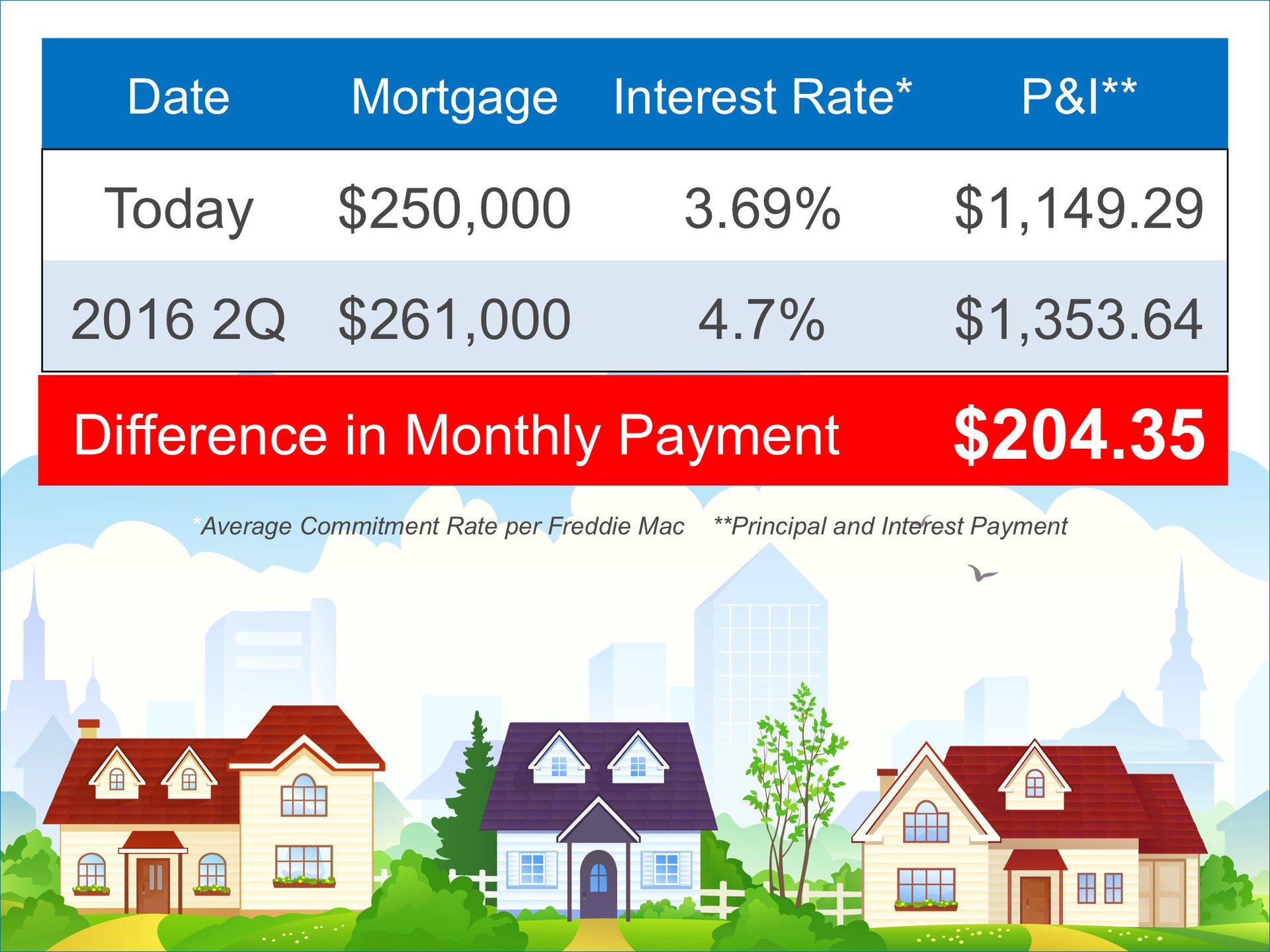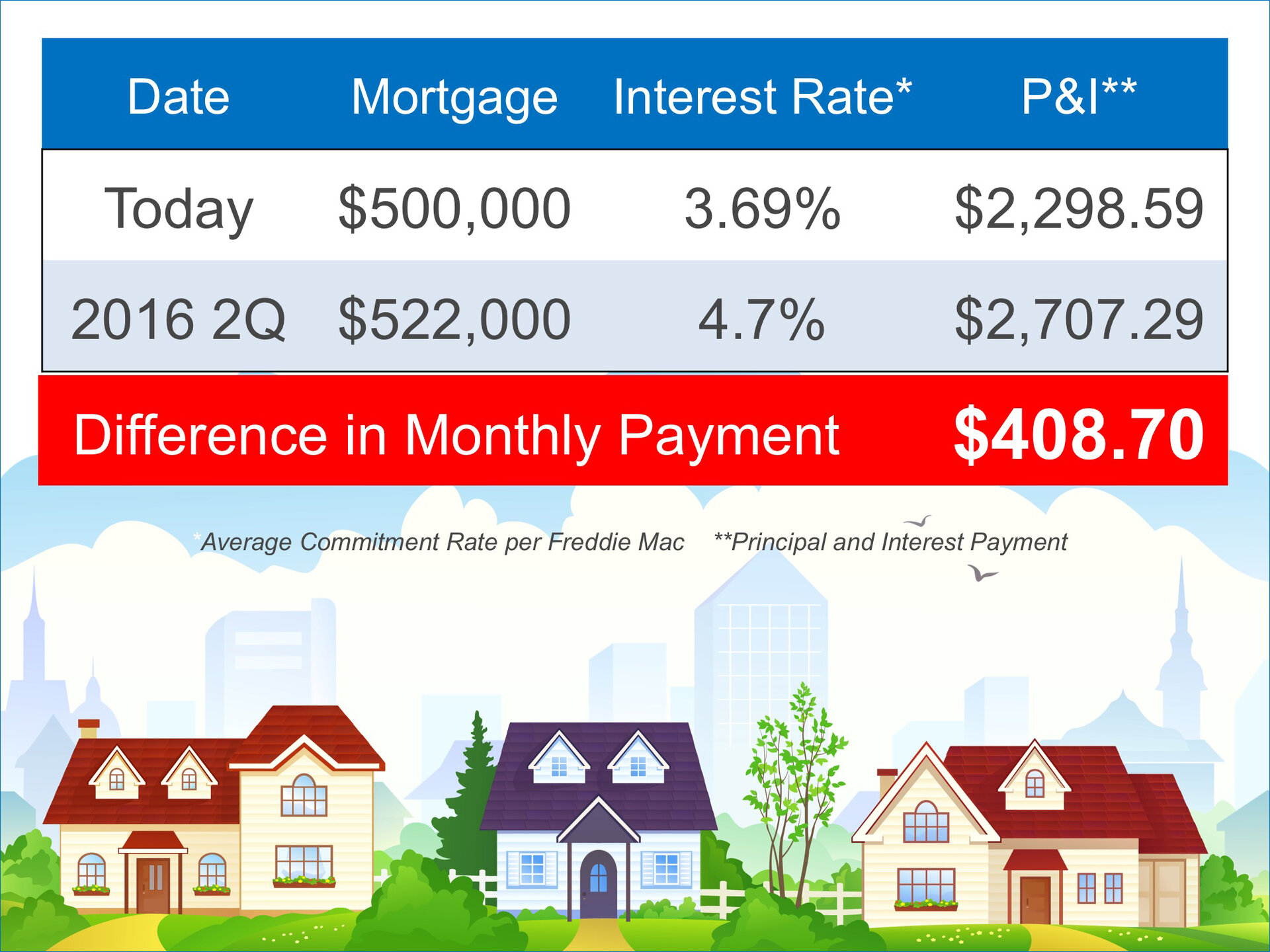5 Ways Your House Can Kill You — And How to Prevent It
Published: October 6, 2011
What do your furnace, your windows, and your gas grill have in common? They’re all conspiring to do you harm if you’re not careful. Here’s how to protect yourself and your family from easily preventable accidents.
Your home may seem safe and cozy, but there may be dangers lurking. Could you be at risk from one of these all-too-common problems?
1. Carbon monoxide poisoning
If your furnace or a gas appliance malfunctions, your house could fill with odorless, colorless, carbon monoxide gas that can be fatal. The Centers for Disease Control estimates that carbon monoxide poisoning kills over 400 people annually.
Prevent it
- Install $40 carbon monoxide detectors near the furnace and your bedrooms. Buy one recommended by Consumer Reports or one with an Underwriters Laboratory “UL” mark
- Install $40 carbon monoxide detectors near the furnace and your bedrooms. Buy one recommended by Consumer Reports or one with an Underwriters Laboratory “UL” mark that also says "Single Station Carbon Monoxide Alarm" and has an audible alarm.
- Get your HVAC and gas appliances serviced every year. Leaking natural gas can cause your house to explode.
- Don’t run cars in the garage with the garage door shut — more people die from carbon monoxide poisoning from idling cars than from furnaces, the CDC says.
2. Chimney fire
Creosote can be a killer. A by-product of bio fuels, such as firewood, creosote can build up on your chimney walls. This tar-like substance is highly flammable and can catch fire, melting the mortar, cracking tiles, and causing flue liners to collapse.
If the flames reach the exposed wood frame of your house, it could burn down in a matter of minutes. About 170 people a year die from fireplace and chimney fires.
Prevent it
- Have your wood fireplace cleaned, and chimney inspected once a year (twice a year if you burn more than three cords of wood annually).
Burn only dry, cured firewood.
3. BBQ gas explosion
You turn on your gas grill with the lid shut, go in the house, find your matches, then come back out and strike a match, blowing up your gas grill, knocking you unconscious, and setting your house aflame.
About 35 people die from propane-related explosions in the average year.
Prevent it
- Never turn on the gas to your barbecue grill with the lid shut.
- Set your grill up at least 10 feet from the house.
- Do a bubble test to look for leaking gas – put liquid soap on the connectors running between the gas tank and the barbecue and look for bubbles indicating a gas leak.
4. Drowning in a backyard pool
Drowning causes almost 2% of all unintentional injury deaths nationally. In states where pools are common, such as Florida, drowning is a leading cause of death for children 1- to 4-years-old.
Prevent it
- Inside, install childproof locks, and door and window alarms so you know when someone leaves the house. This is especially important if your house is part of the fencing system that surrounds your pool.
- Outside, put isolation fencing around all sides of your pool, install a self-closing, self-latching gate, and use pool and spa covers.
- Install a pool alarm ($90-$200).
- Learn CPR before you need it.
5. Falling out the window
You open the window in your bedroom to get some fresh air on a hot summer day. Your 10-year-old twins are jumping on the bed and one of them falls against the window screen. The screen pops out and drops down to the front yard of your multi-story condo. That narrow escape could have ended in disaster -- 15 to 20 children under the age of 11 die annually from falls out of windows.
Prevent it
If you have young children, install window guards or window stops:
- Open your double-hung windows from the top rather than the bottom.
- Keep furniture away from windows.










